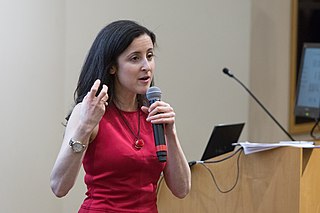A Quote by Eric Greitens
I'd finished a dissertation, writing about how international humanitarian organizations worked with kids in war zones and then I made this transition from the academic world to officer candidate school and to the SEAL teams. It was one of the best decisions I ever made in my life.
Related Quotes
In the face of ambiguity, uncertainty, and conflicting demands, often under great time pressure, leaders must make decisions and take effective actions to assure the survival and success of their organizations. This is how leaders add value to their organizations. They lead them to success by exercising good judgment, by making smart calls when especially difficult and complicated decisions simply must be made, and then ensuring that they are well executed.
I had this 'War and Peace' thing of wanting to experience war as a kind of incredible human enterprise. I even applied to Officer Candidate School. Then the practical side of me kicked in and I thought, 'I really don't want to get drafted.' So I went down to the physical and checked every psychological disorder and drug on the medical history form.
When I grew up, in Taiwan, the Korean War was seen as a good war, where America protected Asia. It was sort of an extension of World War II. And it was, of course, the peak of the Cold War. People in Taiwan were generally proAmerican. The Korean War made Japan. And then the Vietnam War made Taiwan. There is some truth to that.
You wouldn't know that if you talked to Human Rights Watch or Amnesty International or some of the international activist organizations. Certainly you wouldn't know that if you were talking to some of the writers who criticize our drone policy. But I've actually told my staff it's probably good that they stay critical of this policy, even though I think right now we're doing the best that we can in a dangerous world with terrorists who would gladly blow up a school bus full of American kids if they could.


































